<< Previous | Displaying results 131-140 of 6768 for "" | Next >>
Ruth was four years old when the Germans invaded Poland and occupied Ostrowiec. Her family was forced into a ghetto. Germans took over her father's photography business, although he was allowed to continue working outside the ghetto. Before the ghetto was liquidated, Ruth's parents sent her sister into hiding, and managed to get work at a labor camp outside the ghetto. Ruth also went into hiding, either in nearby woods or within the camp itself. When the camp was liquidated, Ruth's parents were split up.…
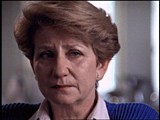
Before joining the US Army, Zeck—a lawyer—worked for the Board of Economic Warfare. In 1946, he was hired to work on preparations for the Nuremberg trials. In his search for documents pertaining to the I. G. Farben company's involvement in the war, Zeck also met attorney Belle Mayer, his future wife. Both Zeck and Mayer were involved in preparing the indictment in the I. G. Farben trial held at Nuremberg.
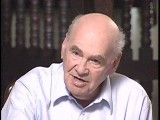
Before joining the US Army, Zeck—a lawyer—worked for the Board of Economic Warfare. In 1946, he was hired to work on preparations for the Nuremberg trials. In his search for documents pertaining to the I. G. Farben company's involvement in the war, Zeck also met attorney Belle Mayer, his future wife. Both Zeck and Mayer were involved in preparing the indictment in the I. G. Farben trial held at Nuremberg.
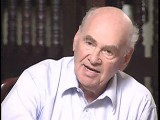
In the 1980s and 1990s, historian Peter Black worked for the US Department of Justice Office of Special Investigations, as part of a team tracking and prosecuting suspected war criminals. Black later served as the Senior Historian at the United States Holocaust Memorial Museum.
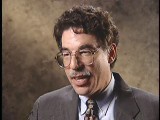
In the 1980s and 1990s, historian Peter Black worked for the US Department of Justice Office of Special Investigations, as part of a team tracking and prosecuting suspected war criminals. Black later served as the Senior Historian at the United States Holocaust Memorial Museum.
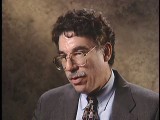
In the 1980s and 1990s, historian Peter Black worked for the US Department of Justice Office of Special Investigations, as part of a team tracking and prosecuting suspected war criminals. Black later served as the Senior Historian at the United States Holocaust Memorial Museum.
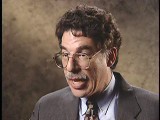
In the 1980s and 1990s, historian Peter Black worked for the US Department of Justice Office of Special Investigations, as part of a team tracking and prosecuting suspected war criminals. Black later served as the Senior Historian at the United States Holocaust Memorial Museum.
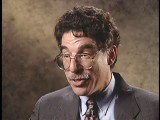
In the 1980s and 1990s, historian Peter Black worked for the US Department of Justice Office of Special Investigations, as part of a team tracking and prosecuting suspected war criminals. Black later served as the Senior Historian at the United States Holocaust Memorial Museum.
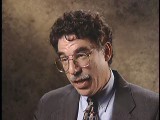
In the 1980s and 1990s, historian Peter Black worked for the US Department of Justice Office of Special Investigations, as part of a team tracking and prosecuting suspected war criminals. Black later served as the Senior Historian at the United States Holocaust Memorial Museum
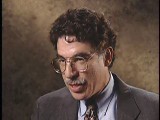
William Denson graduated from the US Military Academy at West Point in 1934 and attended Harvard Law School. He returned to West Point to teach law from 1942 until 1945. In January 1945, Denson accepted the position of Judge Advocate General (JAG) in Europe and was assigned to US Third Army headquarters in Germany. He took part in more than 90 trials against Germans who had committed atrocities against downed American pilots. In August 1945, Denson became chief prosecutor for the US government at the…
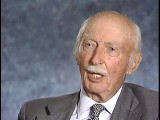
We would like to thank Crown Family Philanthropies, Abe and Ida Cooper Foundation, the Claims Conference, EVZ, and BMF for supporting the ongoing work to create content and resources for the Holocaust Encyclopedia. View the list of donor acknowledgement.